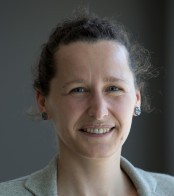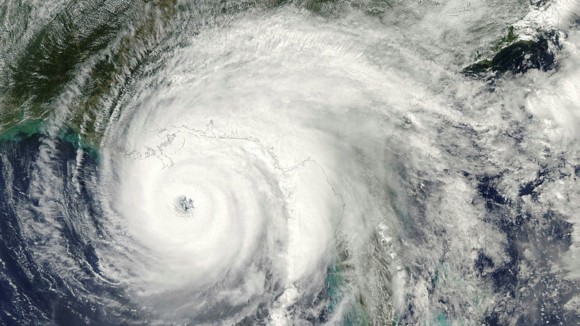 Nans Addor is a Senior Hydrologist working for the flood modelling company Fathom. He is a computational hydrologist passionate about facilitating access to hydrometeorological data. He co-led the production of the CAMELS hydrometeorological data set for the US and the development of Caravan, its global cloud-based equivalent.
Nans Addor is a Senior Hydrologist working for the flood modelling company Fathom. He is a computational hydrologist passionate about facilitating access to hydrometeorological data. He co-led the production of the CAMELS hydrometeorological data set for the US and the development of Caravan, its global cloud-based equivalent.
 Darren L. Ficklin is an Associate Professor in the Department of Geography at Indiana University-Bloomington, Indiana, USA. Dr. Ficklin received his Ph.D. from the University of California – Davis, M.S. from Southern Illinois University – Carbondale, and B.S. from Indiana University-Bloomington. His research interests broadly cover the movement and transformation of water at the watershed scale.
Darren L. Ficklin is an Associate Professor in the Department of Geography at Indiana University-Bloomington, Indiana, USA. Dr. Ficklin received his Ph.D. from the University of California – Davis, M.S. from Southern Illinois University – Carbondale, and B.S. from Indiana University-Bloomington. His research interests broadly cover the movement and transformation of water at the watershed scale.
 Ben Livneh is the Director of the Western Water Assessment and an Associate Professor in the department of Civil, Environmental, and Architectural Engineering at the University of Colorado Boulder. His research group focuses on solving problems exploring how land cover and climate changes will affect water availability across the western U.S. His recent projects have focused on changes in snowpack and drought prediction, as well as studying post-wildfire hydrology and water. Dr Livneh has been an editorial board member at Scientific Data since 2017.
Ben Livneh is the Director of the Western Water Assessment and an Associate Professor in the department of Civil, Environmental, and Architectural Engineering at the University of Colorado Boulder. His research group focuses on solving problems exploring how land cover and climate changes will affect water availability across the western U.S. His recent projects have focused on changes in snowpack and drought prediction, as well as studying post-wildfire hydrology and water. Dr Livneh has been an editorial board member at Scientific Data since 2017.
 Juliane (Julie) Mai is a Research Lead between the Helmholtz Centre for Environmental Research (UFZ), Leipzig, Germany and the Center for Scalable Data Analytics and Artificial Intelligence (ScaDS.AI), Leipzig, Germany to lead a group of researchers focusing on the use of Machine Learning to improve hydrologic, land- surface, and ecologic models while developing data portals providing large-scale research results to fellow researchers and the wide public.
Juliane (Julie) Mai is a Research Lead between the Helmholtz Centre for Environmental Research (UFZ), Leipzig, Germany and the Center for Scalable Data Analytics and Artificial Intelligence (ScaDS.AI), Leipzig, Germany to lead a group of researchers focusing on the use of Machine Learning to improve hydrologic, land- surface, and ecologic models while developing data portals providing large-scale research results to fellow researchers and the wide public.

